Here are seven study suggestions to help you through Finals Week and reduce your stress level.
1. Make a Study Plan
Your study schedule ought to assist you in distributing your study time, preparing for each class, and avoiding staying up late. According to certain research, studying at smaller intervals can be more productive than jam-packing the night before a test.
2. Make To-Do Lists
Students who make to-do lists are better able to focus. Prioritize your learning by writing down your to-do list according to due dates. To help you remember what has to be done, when creating your to-do list, try creating a shorter daily list the night before and maintaining a longer weekly list that includes everything you need to do for a particular class, or even all of your classes.
3. Eliminate Distractions
Consider the less obvious sources of distraction that are all around you, such as your social media feed, study partner, pet, or roommate. It can be necessary for you to study in a peaceful area. Alternatively, if you require some background noise, think about setting up a fan or making a playlist of calming tunes.
4. Eat Balanced, Healthy Meals
Eating foods that will support your energy and concentrate during study sessions, both before and during, may be beneficial. Eat nothing that will make you feel exhausted and lethargic. Health experts list almonds, chocolate, and berries and citrus fruits among the greatest foods for studying! Determine which foods are most beneficial to you and maintain a regular, healthful eating schedule.
5. Study in Intervals
Consider making a study schedule where you have to concentrate for 25 minutes at a time. Take a two to three minute pause to go for a stroll or grab a food in between each session. Make sure to return to your study and concentrate on your next study period after taking your brief break. You can take a longer pause of twenty to thirty minutes after four intervals.
6. Take a Break at the End of the Day
After a long day, give yourself 30 minutes to relax and refocus. You may use this time to tidy your living area, go over your list of things to do the following day, do deep breathing exercises, or meditate. In this manner, your living area will be tidy, your educational schedule will be completed, and you will have a clear mind.
7. Get a Good Night’s Sleep
Insufficient sleep can lead to low energy, difficulty concentrating, and excessive caffeine use.
Making a sleep regimen is one technique to make sure you receive a decent night's sleep. Avoid sleeping in and set a regular time for yourself to go to bed and wake up. The likelihood of being more productive increases with the earlier you begin your day. Prior to going to bed, try not to spend at least one hour using your computer, tablet, phone, or television. This might facilitate a more relaxed and swiftly falling asleep.

